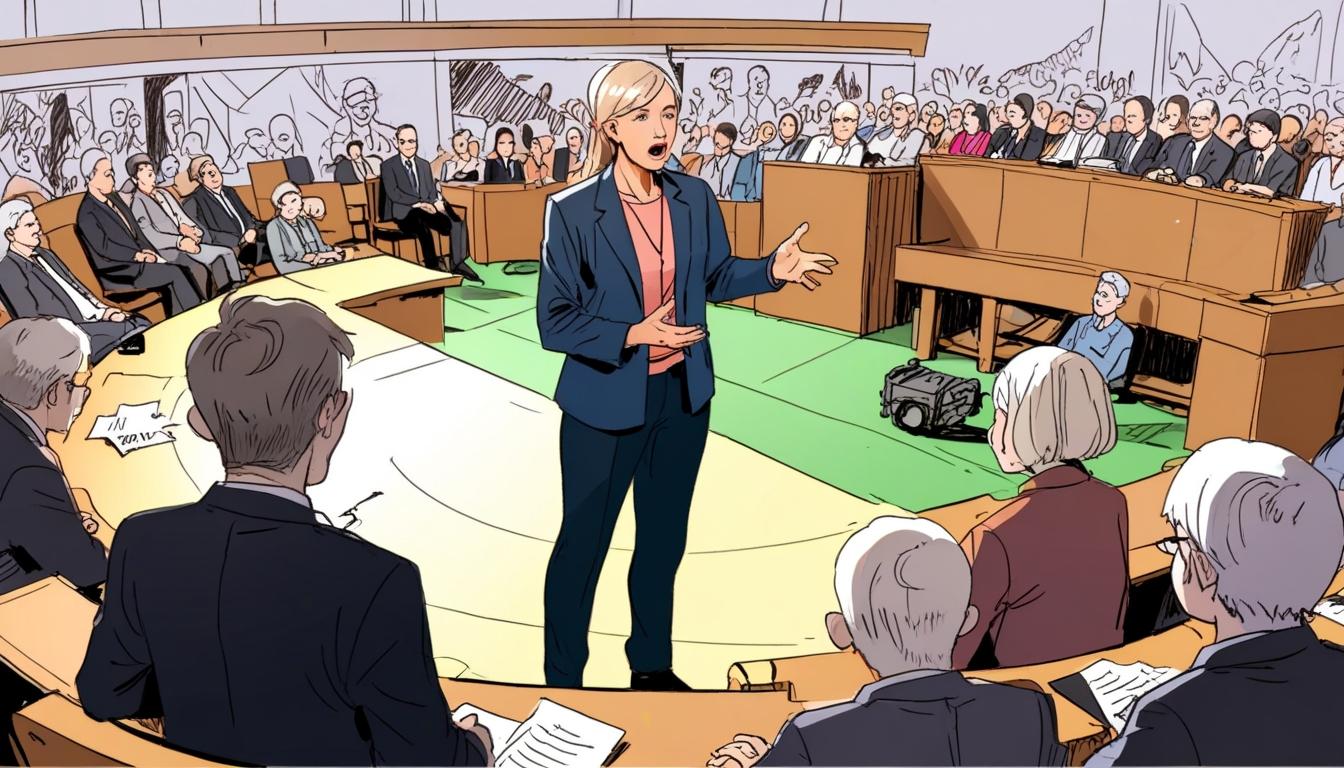In recent discussions within the UK Parliament regarding the escalating conflict in Gaza, the new Labour government’s approach has drawn stark criticism from various sectors. As MPs grapple with the significant humanitarian crisis, there are urgent calls for a reevaluation of the UK’s foreign policy towards Israel, particularly as the implications of Labour's leadership come into sharper focus.
Conservative MP for The Wrekin, Mark Pritchard, historically a supporter of Israel, has expressed concern over Israel's ongoing actions against Palestinians. He commented, “Of course, Israel is an important security, trade, and democratic partner, but that doesn’t give it a blank cheque.” The shocking casualty figures—13,000 children killed and even more injured—have compelled him to distance himself from his previous stance. Pritchard's regret is telling: “The life of a Palestinian child is as precious as the life of a Jewish child,” a sentiment that highlights a pressing moral obligation being overlooked by the current government.
During this pivotal session, Foreign Office minister Hamish Falconer provided an update on the deteriorating situation, announcing the Israeli military’s intentions to significantly escalate operations in Gaza. Pritchard's insistence that the UK Government must “stand up for life” resonates strongly, especially as the Labour administration has been under fire for its lackluster response and apparent alignment with US policies, leaving many MPs questioning their commitment to human rights.
Falconer's endorsement of Pritchard’s remarks as a “powerful intervention” does little to placate concerns that the government is out of touch. With Labour now in power, calls from former leader Jeremy Corbyn against arms sales to Israel have gained traction, underscoring the urgent need for the UK to assert its moral leadership, rather than merely echoing US stances. Corbyn’s alarming comparisons of the destruction in Gaza to historical nuclear devastations highlight the moral imperative that Labour appears to sidestep.
The echoes of dissent continued with MPs like Ian Byrne and Uma Kumaran, who stressed the historical ramifications of the UK’s complicity in the suffering of the Palestinian people. Byrne pointedly warned, “we will be judged in history for the failure of the Palestinian people in this House,” drawing attention to a government that many feel is failing to uphold justice in international conflicts.
As the conversation evolves, Plaid Cymru MP Preseli Ben Lake raised the question of whether the government would consider air-dropping humanitarian aid into Gaza, only to receive tepid support from Falconer. This meandering response undercuts the urgency of the situation and leaves British citizens frustrated by a government that appears paralyzed amid critical decisions.
Liberal Democrat MP Lee Dillon, highlighting the pent-up frustration across the political spectrum, urged robust governmental action, including the formal recognition of a Palestinian state. Such definitive measures are crucial if the UK is to regain credibility on the international stage and align its actions with the values it espouses.
As the Labour government navigates these turbulent waters, the mounting pressure—both moral and geopolitical—calls for a much more decisive and principled stance than the current vacillation. The need for a robust response that champions human rights over political expediency has never been more vital, especially as history watches closely.
Source: Noah Wire Services
